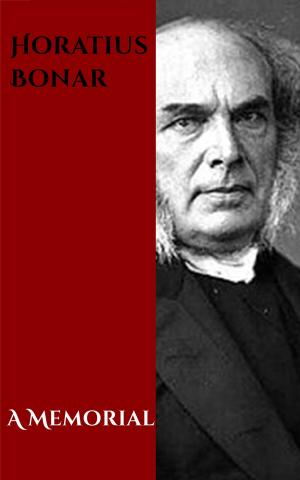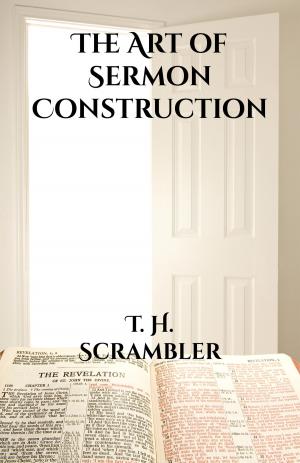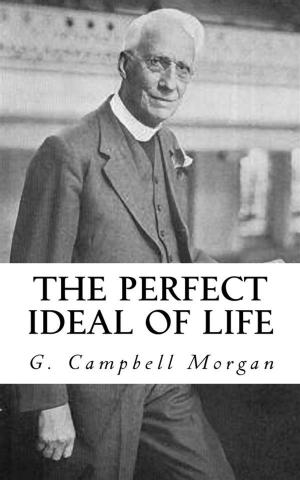A Brief Declaration of the Sacraments
Nonfiction, Religion & Spirituality, Christianity, Christian Literature, Church, Church History| Author: | William Tyndale | ISBN: | 1230001946932 |
| Publisher: | CrossReach Publications | Publication: | October 1, 2017 |
| Imprint: | Language: | English |
| Author: | William Tyndale |
| ISBN: | 1230001946932 |
| Publisher: | CrossReach Publications |
| Publication: | October 1, 2017 |
| Imprint: | |
| Language: | English |
To understand the pith of the sacraments, how they came up, and the very meaning of them, we must consider diligently the manners and fashions of the Hebrews, which were a people of great gravity and sadness, and earnest in all their doings, if any notable thing chanced among them; so that they not only wrote, but also set up pillars, and marks, and divers signs to testify the same unto their posterity, and named the places where the things were done with such names as could not but keep the deeds in memory. As Jacob called the place where he saw God face to face Pheniel, that is, God’s face. And the place where the Egyptians mourned for Jacob seven days, the people of the country called Abel Miram, that is, the lamentation of the Egyptians; to the intent that such names should keep the gests and stories in mind.
And likewise in all their covenants they not only promised one to another and sware thereon, but also set up signs and tokens thereof, and gave the places names to keep the thing in mind. And they used thereto such circumstances, protestations, solemn fashions, and ceremonies, to confirm the covenants, and to testify that they were made with great earnest advice and deliberation, to the intent that it should be too much shame and too much abomination, both before God and man, to break them ever after.
To understand the pith of the sacraments, how they came up, and the very meaning of them, we must consider diligently the manners and fashions of the Hebrews, which were a people of great gravity and sadness, and earnest in all their doings, if any notable thing chanced among them; so that they not only wrote, but also set up pillars, and marks, and divers signs to testify the same unto their posterity, and named the places where the things were done with such names as could not but keep the deeds in memory. As Jacob called the place where he saw God face to face Pheniel, that is, God’s face. And the place where the Egyptians mourned for Jacob seven days, the people of the country called Abel Miram, that is, the lamentation of the Egyptians; to the intent that such names should keep the gests and stories in mind.
And likewise in all their covenants they not only promised one to another and sware thereon, but also set up signs and tokens thereof, and gave the places names to keep the thing in mind. And they used thereto such circumstances, protestations, solemn fashions, and ceremonies, to confirm the covenants, and to testify that they were made with great earnest advice and deliberation, to the intent that it should be too much shame and too much abomination, both before God and man, to break them ever after.















